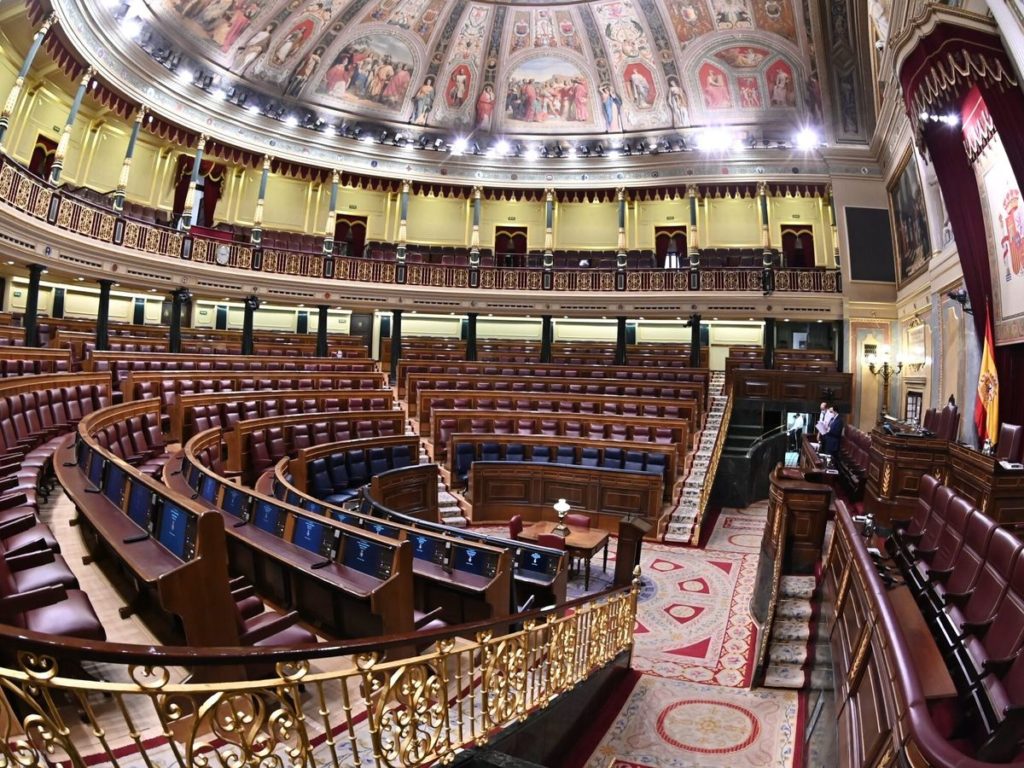
By: Sebastian Mariz, Owner and Managing Director of InFluenze Spain.
.
Prime Minister, Pedro Sánchez, has hit the ground running, in the start of this new political school year, which officially started on the 26th of August, 2025 and ends on the 1st of August, 2026.
On the 1st of September he held a 45-minute interview on the main public television station, TVE, in which he addressed numerous trending topics including the disastrous summer in terms of forest fires, the corruption scandals in his own party, judicial independence in Spain, national budget matters and the Spanish housing crisis.
Propoganda aside, he clearly and firmly confirmed that he has no intention of calling early elections, even if he is unable to get his draft budget law adopted in Parliament, and that his duty to Spaniards, is to make the most of the time he has left under this legislature, to efficiently and effectively spend the remaining 85 billion euros committed to Spain under the EU Recovery Funds.
A draft budget law will, therefore, most likely be tabled in the upcoming weeks, and be submitted to a vote in Plenary at the end of October.
Some of his parliamentary coalition partners, including the Basque PNV and Bildu parties have already publicly voiced their support for a new draft budget law, but the equally important support of the Catalan independence parties, ERC and Junts, remains uncertain. Catalan support will depend on the status of a new fiscal regime for Catalonia, which is also subject to a vote a in Parliament, and on the implementation of the Amnesty Law, and the judicial pardon it grants to the exiled Catalan political leader, Carles Puigdemont.
To his left, Sánchez will also have to manage the opposition to his budget, from his former Government coalition partners, Podemos, who have threatened to vote against it unless the Prime Minister breaks diplomatic relations with Israel and intervenes the Spanish housing market and forces a 30% drop in sale and rental prices. Two conditions that Sánchez is unlikely to accept.
In order to iron out the details of Puigdemont’s amnesty and his return to Spain, the Catalan Premier, Salvador Illa, travelled to Brussels this week to meet with him. Puigdemont is expected to return to Catalonia sometime in September or October, and upon doing so will most likely demand a referendum be held on Catalan independence. A demand, which Sanchez can then submit to popular vote in the general elections of 2027.
In order to grease negotiations on a new fiscal regime for Catalonia, Sanchez has adopted a draft law condoning 83 billion euros in public debt held by Spanish regional governments. Those regions governed by the opposition conservatives, have banded together to reject this latest offer, but it will be hard for them to justify this rejection before regional parliaments, and the offer is expected to generate dissent amongst conservative members of parliament, erode their ability to present a unified opposition front, and damage their public image on social welfare and social services.
So why table a draft budget law in the first place? To publicly frame his political opponents, position his government as the guarantor of social services and social welfare programmes, and leave it up to the public to decide on the future of Catalonia in Spain, in the run up to general elections, which will probably take place in July 2027.
.
For more information, join our social media profiles on X and LinkedIn.

